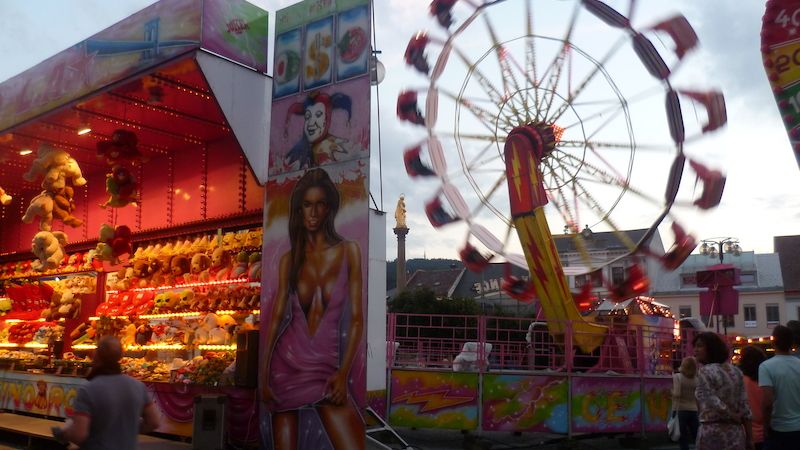You were one of the first bands to perform in Czechoslovakia after the Velvet Revolution. Do you remember that?
I remember Prague in 1990, it was a time of change and discovery, meeting and transformation of the world.
Why did you decide to revive Crime and Solutions City after ten years?
It feels like the right time. The world is in a state of flux right now and that suits our music and my interests.
You founded the band in the late seventies. Why do you keep coming back to them and not start another project?
Because I’ve always been doing something other than music.
How do you find co-stars for the current cast?
They are friends, musicians I’ve met before, kindred spirits.
Do you prepare for a new record after you return to the stage, like you did during your previous comeback, when you recorded American Twilight?
We are currently recording a new album in Berlin, which will be released in 2023.
Lyrics are an important part of your song. Did you write it first?
If I’m writing lyrics but not composing music, I’m mostly thinking about storytelling. If I write music and lyrics, the song is created by the interaction between them.
Do you consider yourself a storyteller?
I’m interested in the concept of neutral observation as you see it in the work of mediators and artists. I think neutrality is misunderstood. Access through neutrality and trust allows me to see things that would be denied to me if I were a partisan.
How does it feel to return to songs from the eighties written at a different time and situation?
I think the present is always in dialogue with the past and the way from there to here now is very clear. I like to analyze roots and trace processes, revealing steps (and micro steps) from the past (often forgotten) to the present (often misjudged), they form the informational core of my worldview.
What was it like starting in the 1970s in Australia when members of other Australian Church groups told me it was a cultural wasteland?
I believe that the hostile environment that existed for us in Australia in the 1970s often breeds great art.
What was it like moving to London and then to Berlin?
I hated London as I knew it in the early eighties but I loved other British cities. Berlin is friendly and full of opportunities for me.
What does the movie Sky Over Berlin mean to you, where the song Six Bells Chimes is played?
Working with (director) Wim (Wenders), watching him develop the film, it showed me how I envision film-like music. Wim really showed me how to be a musician. It was a landmark event in my journey as a musician, as well as a fitting climax for the performers.
How do you view the relationship with Nick Cave’s The Birthday Party and with the Berlin industrialist Einstürzende Neubauten?
I didn’t play music when The Birthday Party was around, so the only links were the previous band (members) Rowland (S. Howard) and Mick (Harvey). There is more to the connection between Crime and The Bad Seeds (Nick Cave) and Neubauteny as they coexist and share members.
You are associated with postal punk. Do you also draw from country and blues music?
I am very inspired by Willie Nelson, Steve Young, Townes Van Zandt, Waylon Jennings, Merle Haggard and also Ronnie Van Zandt
Do you miss the late Mark Lanegan of Screaming Trees, whose backing group you sang with?
Of course, Mark was like an older brother. I miss his presence in the world almost every day.
You may find it useful on Firmy.cz:

“Unapologetic social media guru. General reader. Incurable pop culture specialist.”







